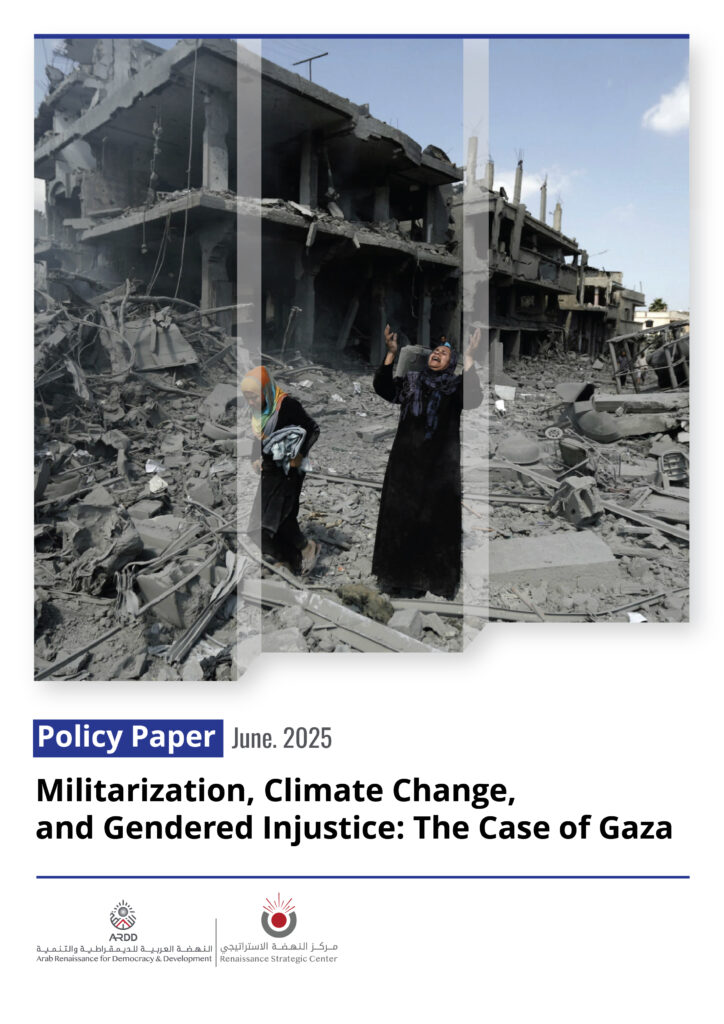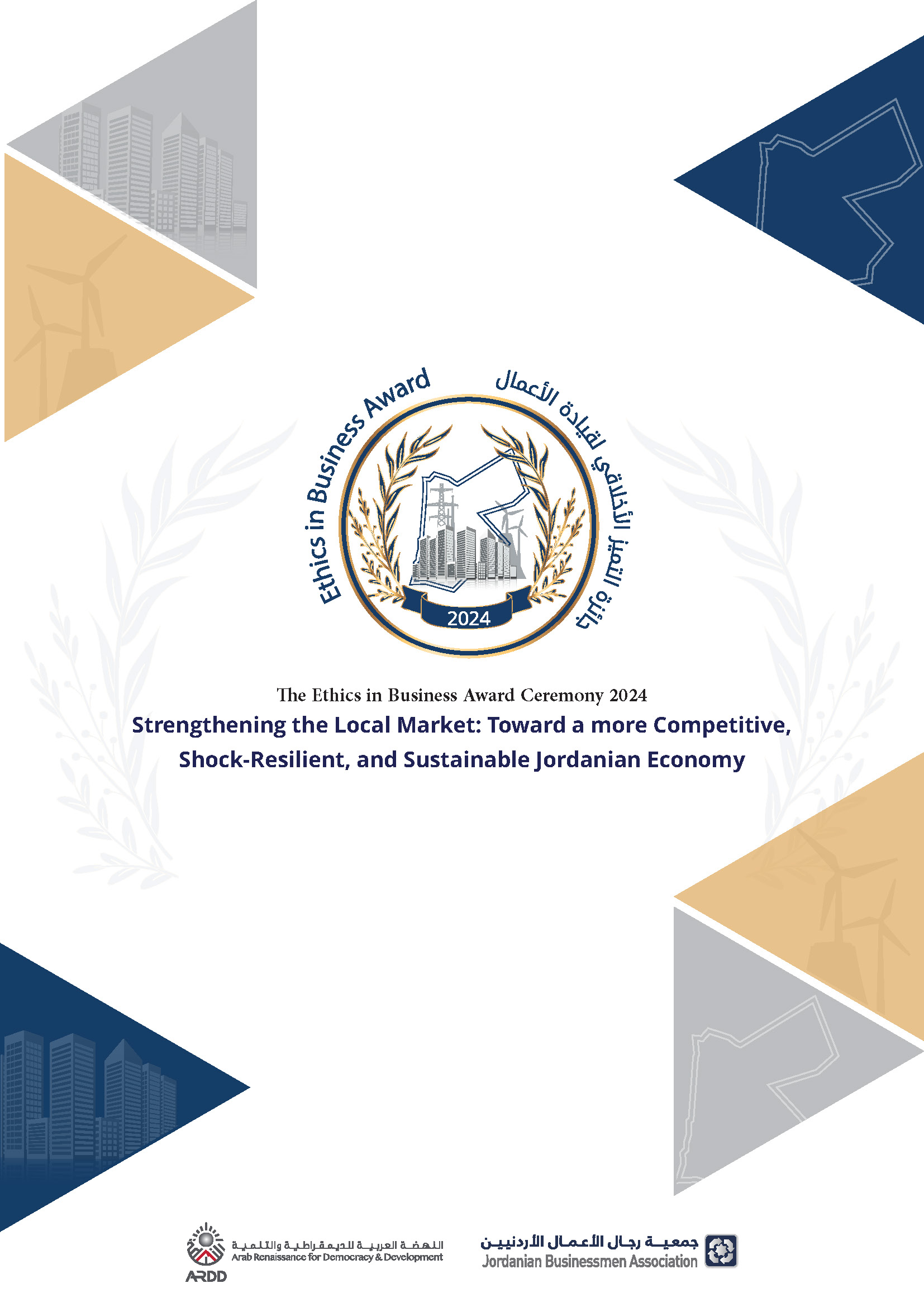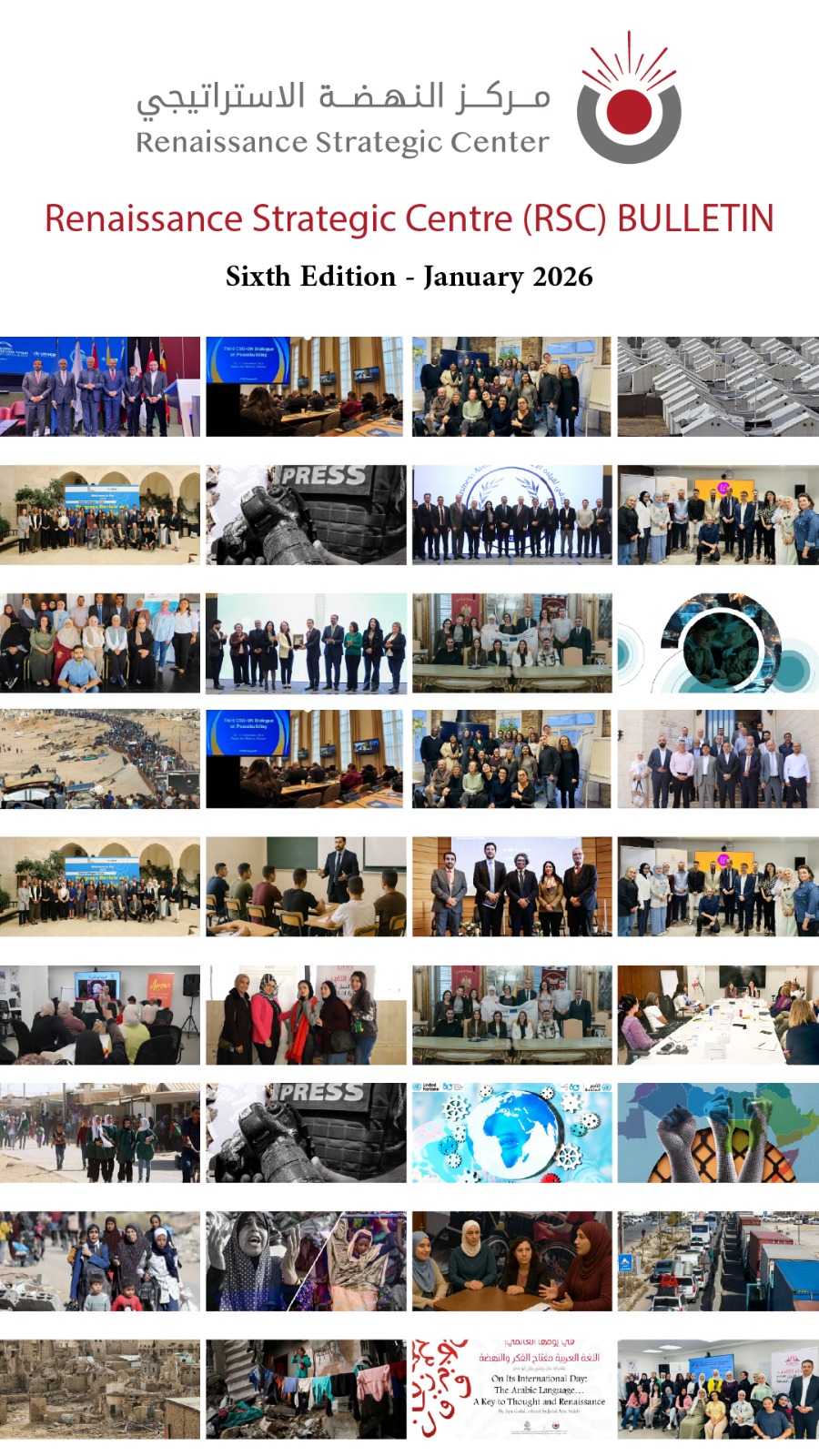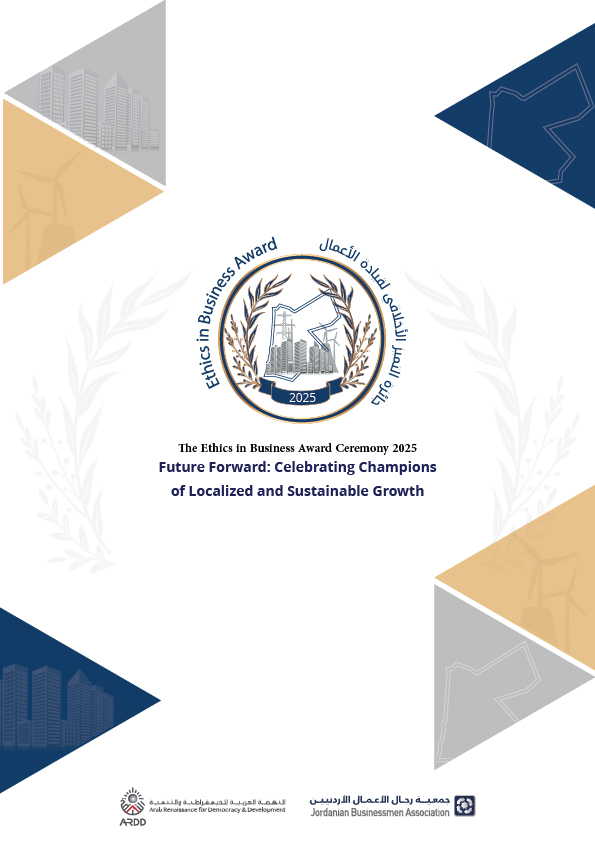Militarization remains a major but often overlooked driver of environmental collapse. While civilian sectors are increasingly held accountable for carbon emissions, military operations, despite their immense environmental footprint, remain largely exempt from international climate agreements. This exemption allows cycles of resource extraction, violence, and ecological destruction to persist unchecked. Nowhere is this intersection more visible than in Gaza, where Israeli military operations have compounded decades of environmental stress. In addition to the devastating humanitarian toll, the targeting of water systems, energy infrastructure, agricultural land, and marine ecosystems has created a severe and long-term ecological crisis.
The environmental toll of war in Gaza is stark. The bombardment of urban centres, the targeting of desalination and wastewater facilities, and the destruction of agricultural zones have created a multi-layered crisis. Contamination of air, water, and soil has become both a consequence and a weapon of conflict, undermining local ecosystems and compromising communities’ ability to survive. These impacts reflect a broader global pattern: despite scientific evidence, the environmental consequences of warfare are systematically excluded from international climate reporting. Military emissions are often classified under national security, allowing governments to expand operations without environmental accountability.
This report argues that to advance meaningful climate justice, especially in conflict-affected regions like Gaza, militarization must be addressed as a central driver of ecological breakdown. Without confronting the environmental costs of war, global climate efforts will remain incomplete and inconsistent.











